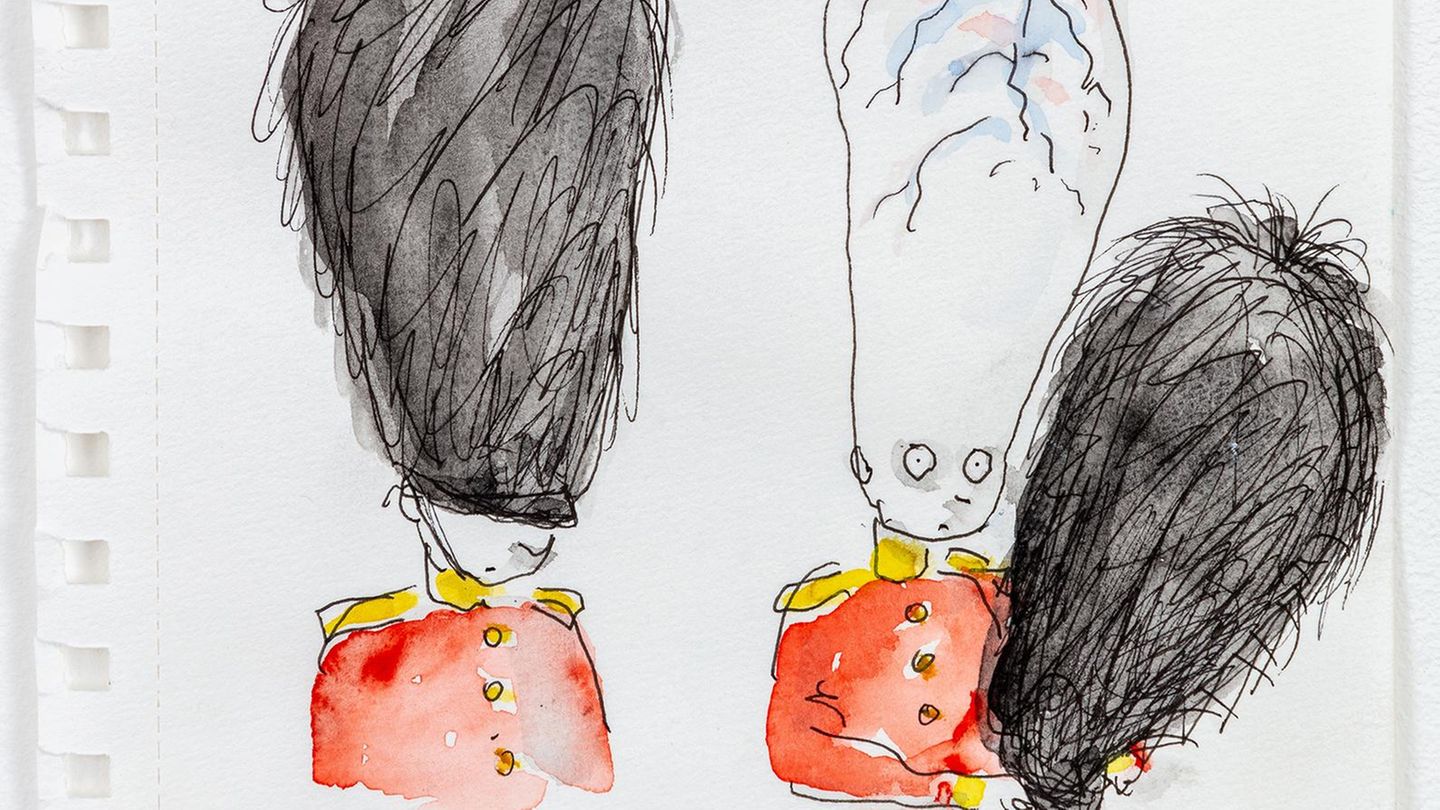A report by the international consulting firm PwC suggests that Argentina is on its way to having a financial fiscal surplus for the first time in 16 years, although it again states that part of the result was due to the “blender effect” that produced inflation on liabilities.
“The current administration is moving towards achieving a primary and financial surplus in the sector.” national public for the first time since 2008,” says PwC in its latest report known as GPS.
The consulting firm points out that “in the first 10 months of the year, the current administration accumulates a positive primary result of $10.3 billion and a financial result surplus of $2.9 billion.”
“In this way, shortly before the end of the year, everything would indicate that the course will be maintained and that the public accounts will be positive for the first time in the last 16 years,” the study indicates.
surpluspwc.png
The work reminds that “In the last 63 years, Argentina has only achieved a primary surplus on 14 occasions; while, at a financial level, that is, covering the payment of interest on the debt, a surplus was obtained only in the 6 years from 2003 to 2008.”
PwC says that “the adjustment has come mainly on the spending side, since during the first 10 months of 2024 the participation of the primary with respect to GDP fell to 11%, from 14.2% in the same ten months of 2023; while total income reached 12.7% compared to 12.6% in the same period last year.”
“One of the predominant factors in the real decrease in spending was inflation. Congress did not approve the Budget for 2024, so the country operates with the one in force in 2023. This circumstance made spending values stable in nominal terms in the face of an inflation that will end up above 100% year-on-year, implying a liquefaction of real spending”, assures the consultant.
The report indicates that “then followed by adjustment of discretionary items such as public works (capital expenditure) and transfers to the provinces.”
The report warns that “there is a limit to continuing to cut capital expenditure, that is, public works, without a counterpart investment in infrastructure by the private sector.”
“This not only implies that the necessary works are not developed to improve the country’s infrastructure and competitiveness – which could eventually occur through private initiative – but it also generates a deterioration of the existing infrastructure, unless “replace the natural deterioration of this”, the consultant explained.
Source: Ambito
I am a 24-year-old writer and journalist who has been working in the news industry for the past two years. I write primarily about market news, so if you’re looking for insights into what’s going on in the stock market or economic indicators, you’ve come to the right place. I also dabble in writing articles on lifestyle trends and pop culture news.




